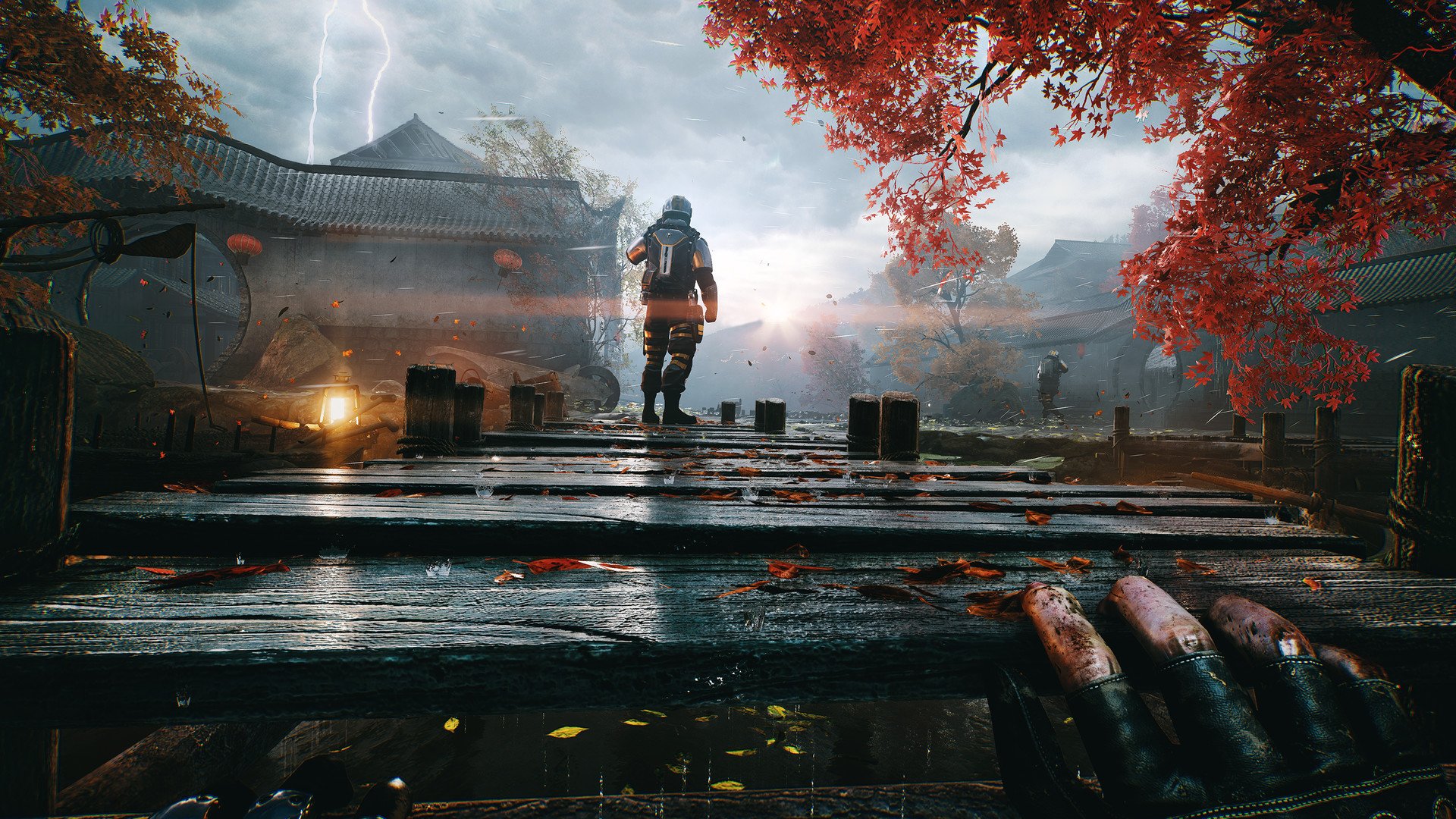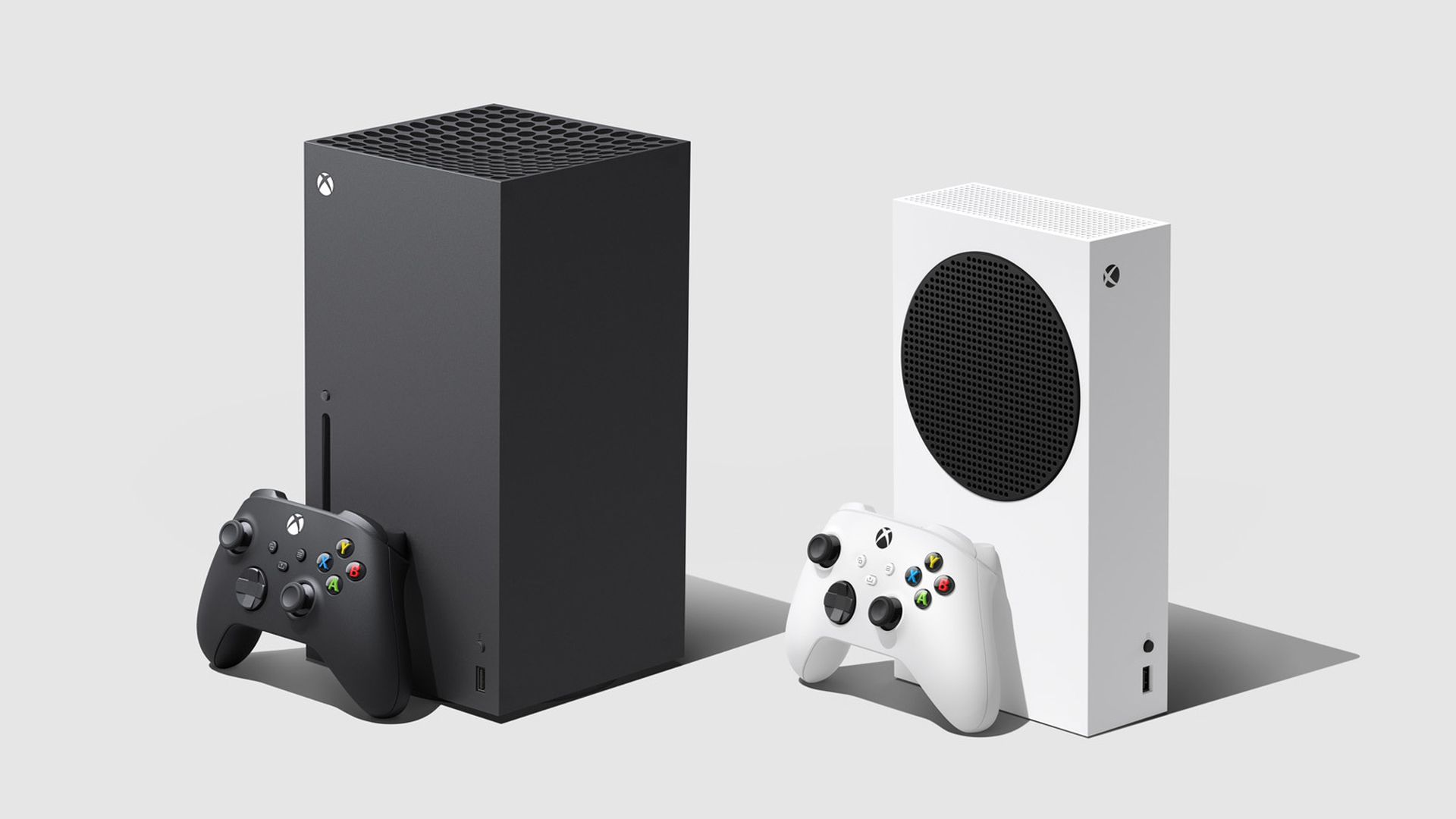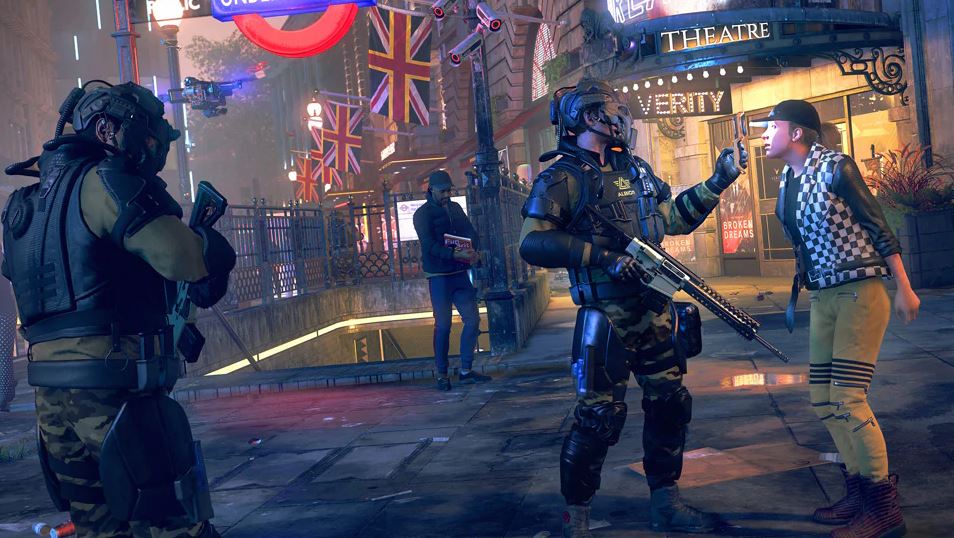See the light with these Xbox Series X and Series S games planning ray tracing support.
Microsoft brings ray-tracing to its consoles with the next generation, packing dedicated hardware inside Xbox Series X and Xbox Series S, designed to handle the technology. It comes as the industry heavily invests in realistic lighting, previously reserved only for the best gaming PCs, delivering huge graphical leaps over traditional techniques. While the implementation varies on a per-title basis, the goal is to achieve more realistic lighting and reflections, bolstering immersion across virtual worlds.
Here's what you need to know about ray tracing in Xbox Series X and Series S, including the titles with ray tracing experiences in the pipeline.
What is ray tracing on Xbox Series X, Series S?
Ray tracing aims to deliver a new advancement in realistic lighting for Xbox Series X and Series S, designed to improve lighting, shadows, reflections, and other components portraying scenes. It aims to better simulate how light interacts with virtual objects, tracking where light moves around the environment, considering reflection, refraction, and aspects of light traversal. But right now, the most significant issue comes with how ray tracing impacts performance, demanding massive resources when effectively implemented.
Microsoft leverages an implementation dubbed Hardware Accelerated DirectX Raytracing (DXR) for Xbox Series X and Series S, referring to its in-house ray tracing solution, supported by the Xbox platform. Like NVIDIA and its newest 20- and 30-series graphics cards, the custom AMD GPU inside next-gen Xbox consoles features considerations to better handle ray tracing calculations.
And it's not just about fancy reflections, with ray tracing capable of changing entire worlds. Previous examples like Minecraft RTX have shown how robust implementations can change the tone of a scene, previously impossible to such an extent with older techniques like rasterization.
List of Xbox Series X, Series S games with ray tracing
With Xbox Series X and Xbox Series S headed to market on November 10, various publishers have expressed interest in supporting ray tracing on the consoles. While each brings a vastly different approach to the potential of ray tracing technology, we've wrapped up the full list of games with planned support.
- Bright Memory: Infinite
- Call of Duty: Black Ops Cold War
- Call of the Sea
- Chorus: Rise as One
- Devil May Cry 5 Special Edition
- Enlisted
- Forza Motorsport
- Gears 5
- Halo Infinite
- Maneater
- NBA 2K21
- Observer: System Redux
- RIDE 4
- S.T.A.L.K.E.R. 2
- The Medium
- Watch Dogs Legion
Expect more details on each, including a breakdown of the best ray tracing experiences, following the console launch. We'll update this list, as new titles are announced.
How to use ray tracing on Xbox Series X, Series S
With Xbox Series X and Series S packing dedicated ray tracing considerations, in theory, it makes implementing the feature easier on the new consoles. It's seen both Microsoft and third-party publishers keen to adopt ray tracing solutions, although we only expect to see a handful of examples in the console's early days. How ray tracing works will also vary between titles, with some likely enabling ray tracing by default, while others may provide a series of modes that favor performance or visual fidelity.
Ray tracing is also among the few next-generation features experienced by any Xbox Series X or Xbox Series S owner. While features like 4K resolution, 120Hz support, and high dynamic range (HDR) require the best Xbox Series X 4K TVs, ray tracing instead changes how games render, regardless of the TV or monitor used.
Xbox Series X, Series S ray tracing performance
With Xbox Series X and Series S featuring hardware tailored to ray-traced visuals, it's unsurprising that both consoles provide a considerable leap over the past Xbox One family. We're yet to grasp how these devices handle ray tracing ahead of launch, although a hit to performance is to be expected.
Our first instance of ray tracing on Xbox Series X came through Digital Foundry, providing a look at a Minecraft demo designed to showcase DXR on Xbox Series X hardware. The outlet noted a drop in framerate versus a locked 60 FPS vanilla build, estimated between the 30-60 FPS range. However, this was a hugely taxing pre-release demo running on prototype hardware in March, so it's unlikely a fair benchmark.
If anything, we're starting to see how mileage may hugely vary between titles, based on how ray tracing is applied and the resulting stress on the hardware. Microsoft titles like Halo Infinite and Gears 5 promise a 4K, 60 FPS baseline on Xbox Series X, with ray tracing planned. But Watch Dogs: Legion provides ray tracing at 4K, 30 FPS on the console, pushing visuals over framerate. We'll soon have final comparisons on those with optional ray tracing at launch.








0 comments:
Post a Comment